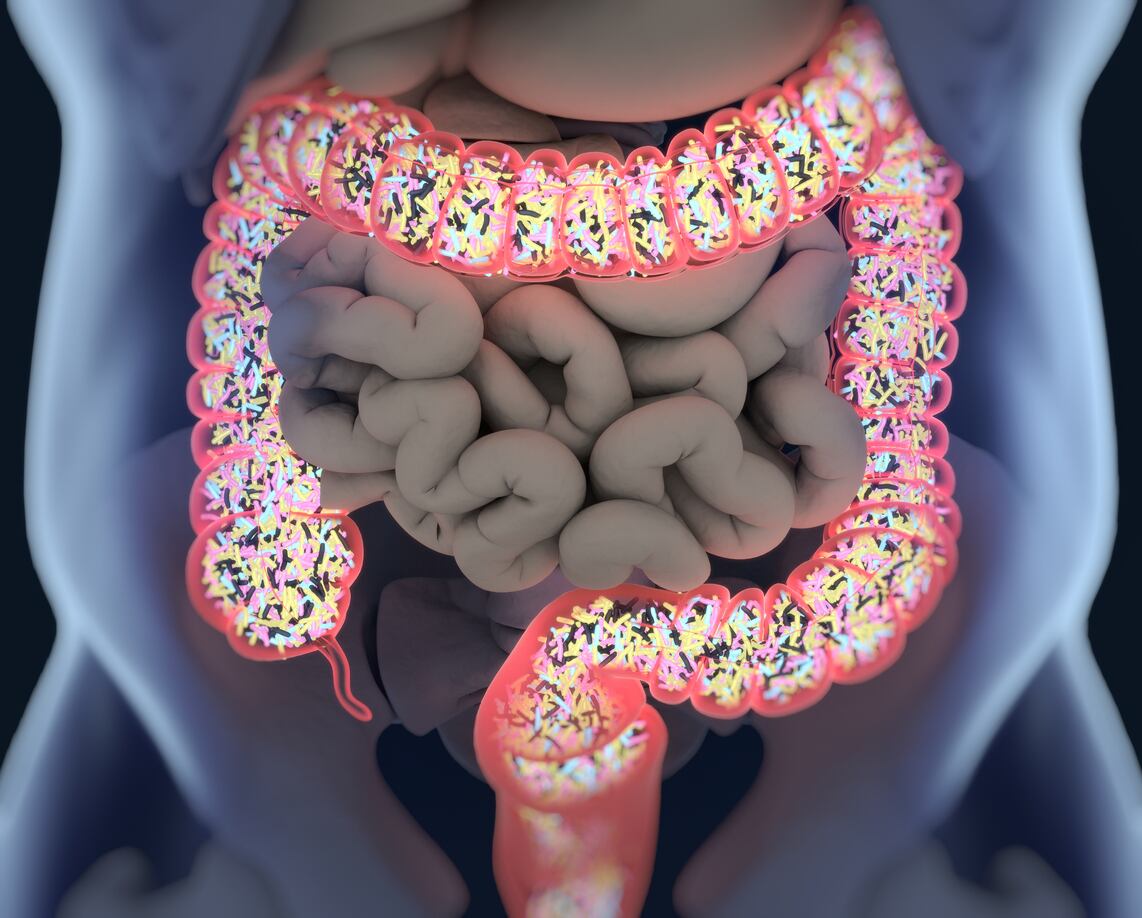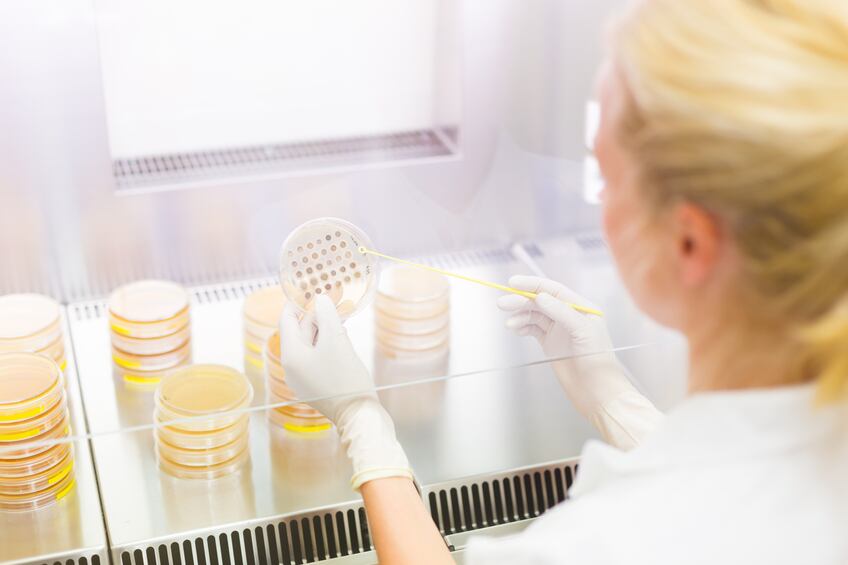Jeroen Raes, professor at the University of Leuven in Belgium, found that patients with depression had consistently low levels of the Coprococcus and Dialister bacteria. The findings were true regardless of antidepressant treatment.
If these initial findings hold up to further scrutiny, the possibility of a probiotic-based approach to mental health conditions could well be on the cards.
“The relationship between gut microbial metabolism and mental health is a controversial topic in microbiome research,” said professor Raes, who is also a researcher based at the Flanders Institute for Biotechnology (VIB).
“The notion that microbial metabolites can interact with our brain - and thus behaviour and feelings - is intriguing, but gut microbiome-brain communication has mostly been explored in animal models, with human research lagging behind.
“In our population-level study we identified several groups of bacteria that co-varied with human depression and quality of life across populations.”
Communication involving hormones, the brain and the immune system tightly link the human gut microbiota with the host central nervous system.
The interaction along these lines is said to be two-way, with the gut microbiota playing an active role in processes linked to brain development and physiology, psychology and behaviour.
Further investigations extend this role to the regulation of intestinal epithelium and blood–brain barrier permeability as well as the production and degradation of neuroactive compounds.
Current animal-based studies used to investigate a potential causative role of the microbiota has not translated well to the complex human phenotype.
Functional interpretation of the microbiota–gut–brain interaction remains challenging additionally hampered by the lack of a dedicated reference database of gut microbial neuroactive metabolic potential.
Study details

Professor Raes and his team began looking at the link between gut bacteria, quality of life and depression.
Faecal microbiome data from 1,054 individuals enrolled in the Flemish Gut Flora Project was pooled with general practitioner diagnoses of depression.
The team identified specific groups of microorganisms that positively or negatively correlated with mental health with two bacterial genera, Coprococcus and Dialister, consistently depleted among depressed individuals regardless of whether they took antidepressants or not.
The results were validated in an independent cohort of 1,063 individuals from the Dutch LifeLinesDEEP cohort and in a cohort of clinically depressed patients at the University Hospitals Leuven, Belgium.
“This finding adds more evidence pointing to the potentially dysbiotic nature of the Bacteroides2 enterotype we identified earlier,” said professor Jeroen Raes.
“Apparently, microbial communities that can be linked to intestinal inflammation and reduced wellbeing share a set of common features.”
New computational technique
Prof Raes and his team had previously identified a microbial community constellation characterised by low microbial count and biodiversity that was more prevalent among Crohn’s disease patients.
In their current study, they found a similar community type linked to depression and reduced quality of life.
Further work in this study resulted in the development of a computational technique that identified the gut bacteria interacting with the human nervous system.
Here they looked at over 500 bacteria isolated from the human gastrointestinal tract and their ability to produce a set of neuroactive compounds.
From their studies, they were able to create a catalogue of neuroactivity of gut species in which certain bacteria were found to carry a broad range of these functions.
“Many neuroactive compounds are produced in the human gut,” explained Mireia Valles-Colomer from the VIB-KU Leuven Center for Microbiology. “We wanted to see which gut microbes could participate in producing, degrading, or modifying these molecules.
“Our toolbox not only allows to identify the different bacteria that could play a role in mental health conditions, but also the mechanisms potentially involved in this interaction with the host.
“For example, we found that the ability of microorganisms to produce DOPAC, a metabolite of the human neurotransmitter dopamine, was associated with better mental quality of life.”
Source: Nature Microbiology
Published online: doi.org/10.1038/s41564-018-0337-x
“The neuroactive potential of the human gut microbiota in quality of life and depression.”
Authors: Jeroen Raes et al




